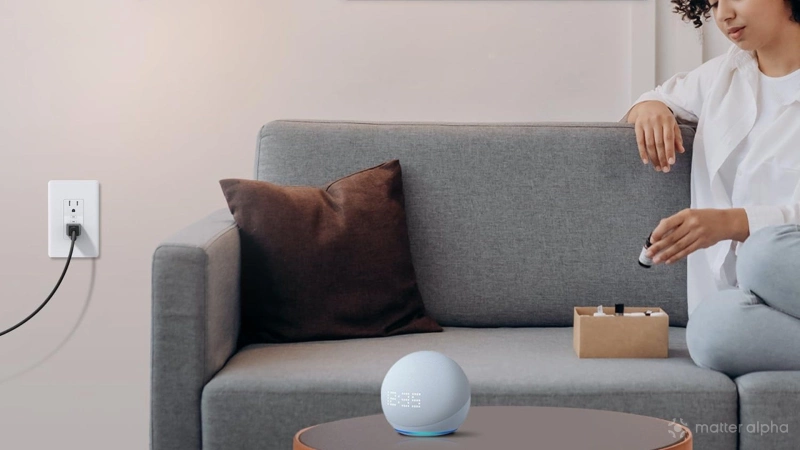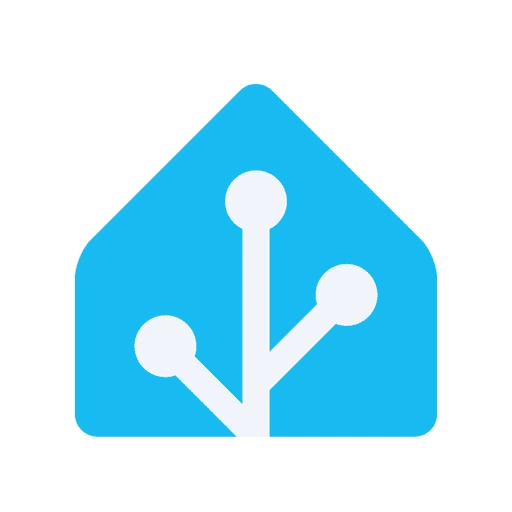Smart home platforms control the devices in our homes, but the computer doing the thinking is often located far from where we live. The apps on our phones and smart speakers depend on an internet connection in order to function, and this is their biggest weakness.
Most smart home platforms rely on the cloud
Platforms like Google Home and Samsung SmartThings don't work without an internet connection. You can't add devices, you can't see the current state of your devices, nor can you send any of these devices commands. The internet is a necessary layer between you and control of your home.
Even if you can connect to your devices locally, which is possible with all Matter devices, it doesn't make a difference to a platform dependent on the web. That said, Google Home developers have shared on Reddit that they are working on an offline mode for Matter devices.
Until then, the internet remains where these platforms do their thinking. The programs run in the cloud. So if your internet goes down, your ability to control your smart home goes down with it.
Ecosystems can get worse over time
The issue with cloud infrastructure is that we have both no control over it and no insight into what its going on. We have no say in when to install updates. If something goes wrong, we can't roll anything back to a previous software version that worked better. We aren't even aware, necessarily, when updates kick in. Any number of changes can be happening to the software, and we are none the wiser.
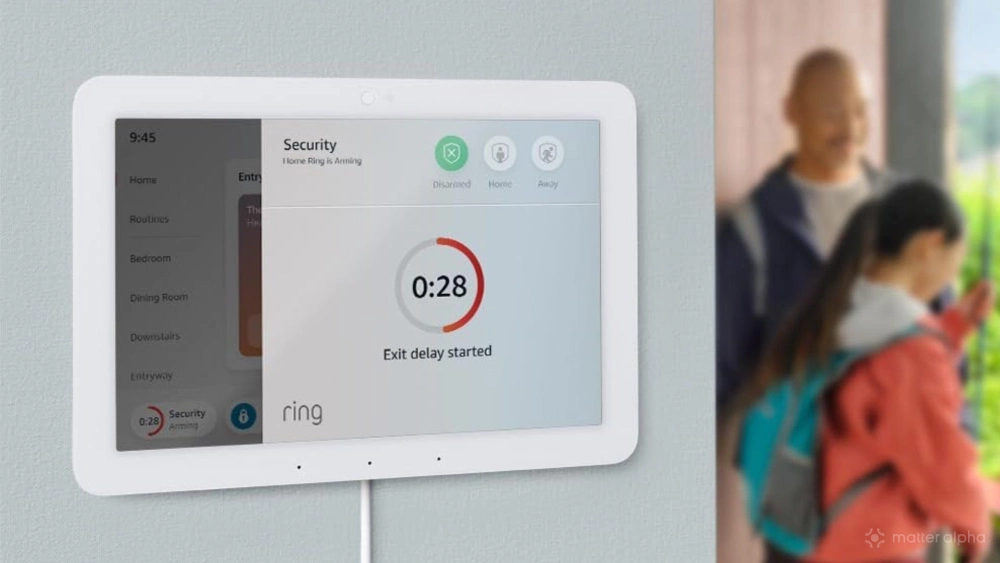
This means the software can get worse over time, and it's hard to troubleshoot why. Features that worked reliably one day may stop working reliably in a few months. The aforementioned Google Home sub-reddit is filled with angry customers who can only speculate about what is happening to the ecosystem they've invested in.
Google has also demonstrated another risk in its transition from Google Assistant to Gemini. Things can simply be left in flux. And while Amazon and Google may not be changing the names of Alexa and Siri, both companies are still doing the same kind of transition behind the scenes as they convert their current voice assistants into full-fledged AI chatbots.
Platforms stop working if companies pull the plug
Cloud services come and cloud services go. Many popular web platforms have disappeared over the years, from America Online to MySpace to the artist formerly known as Twitter.
Samsung may be all-in on SmartThings today, but a change in the company's priorities could mean that this story is different a decade from now.
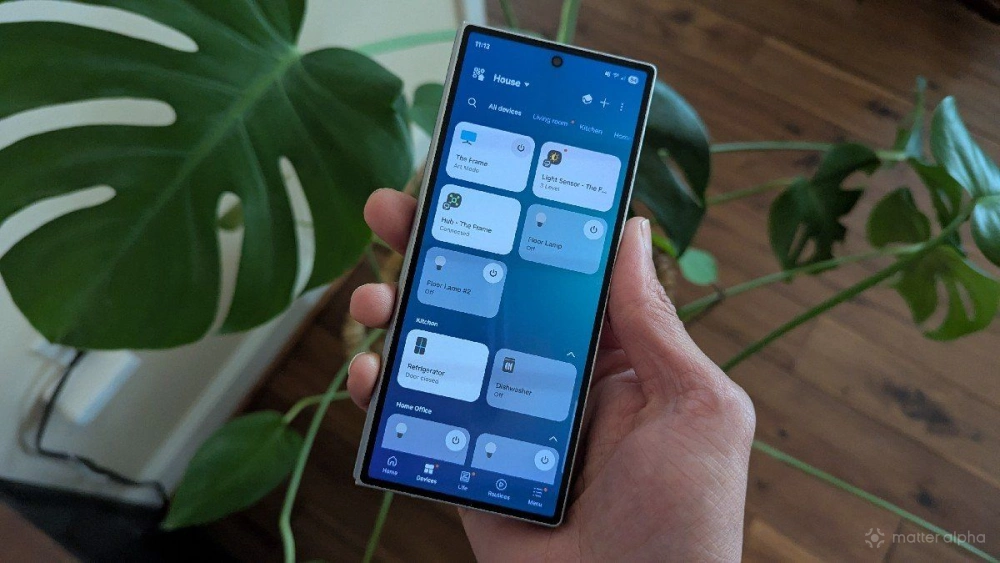
So much depends on how well products sell and how much SmartThings integration factors into people's buying decisions. As a cloud based service, Samsung knows exactly how many people are you using it, and it can decide to bail If the numbers aren't as high as it likes.
Home Assistant is the most notable exception
Home Assistant is the largest smart home platform that isn't backed by a company. It is a free and open source project developed by volunteers from around the world and owned by the Open Home Foundation. You can download Home Assistant on to an existing computer and set it yourself, or you can simply purchase Home Assistant Green -- a hub that is already good to go.
Home Assistant
Best Price
Home assistant emphasizes privacy and local control of your smart home. Everything is controlled via your local network and maintained on hardware stored within your home, regardless of whether your internet connection is active.
That said, this is an advantage Apple Home has over other corporate-backed options. You can add devices to your Apple Home and control them completely over your local network even when the internet is down. This is something that the options from Amazon, Google, and Samsung simply don't yet do.
Matter is part of the solution
The beauty of Matter is that it is compatible with all of the major smart home ecosystems This means that if one smart home platform disappears, you aren't out of luck. While it may be a hassle to transition your devices from one platform to another, your Matter devices will still work. Once set up on a new platform, your smart home will continue to be smart.
Hopefully, by the time any of these platforms sunset, there will also be a better process in place for transitioning from one platform to another, so everything can be done just a few clicks. Matter also makes it easier for new platforms to replace the old ones. TP-Link Deco routers gained the ability to serve as Matter hubs in 2025. I currently control my smart home via SmartThings, but since I have a Deco router, I already have a back up option in place if Samsung gives me issues.
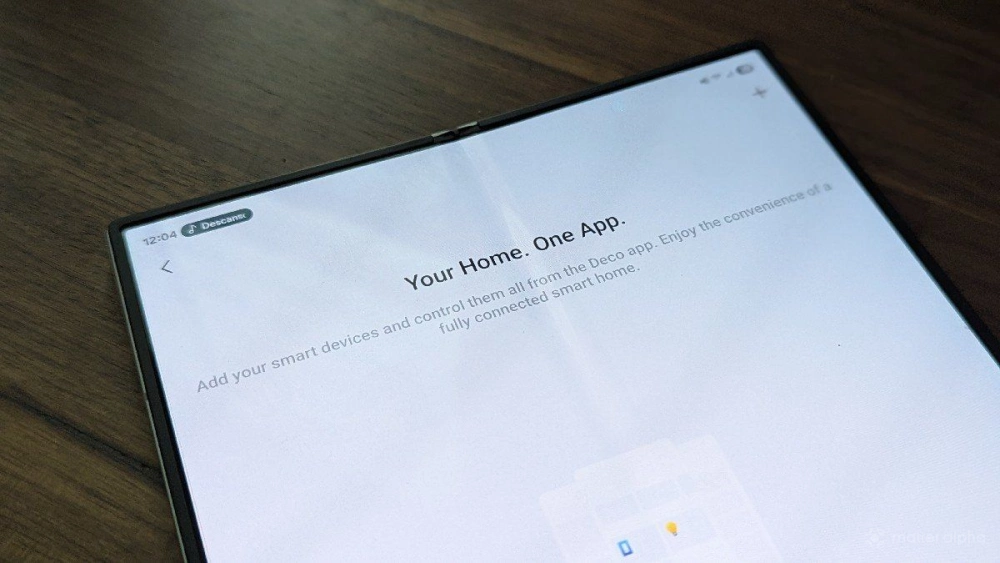
The Matter protocol is designed to operate locally. As more Matter hubs become available, a Matter-based smart home will increasingly be plug-and-play. Even if your chosen smart home platform may be vulnerable, your smart home itself won't be.
